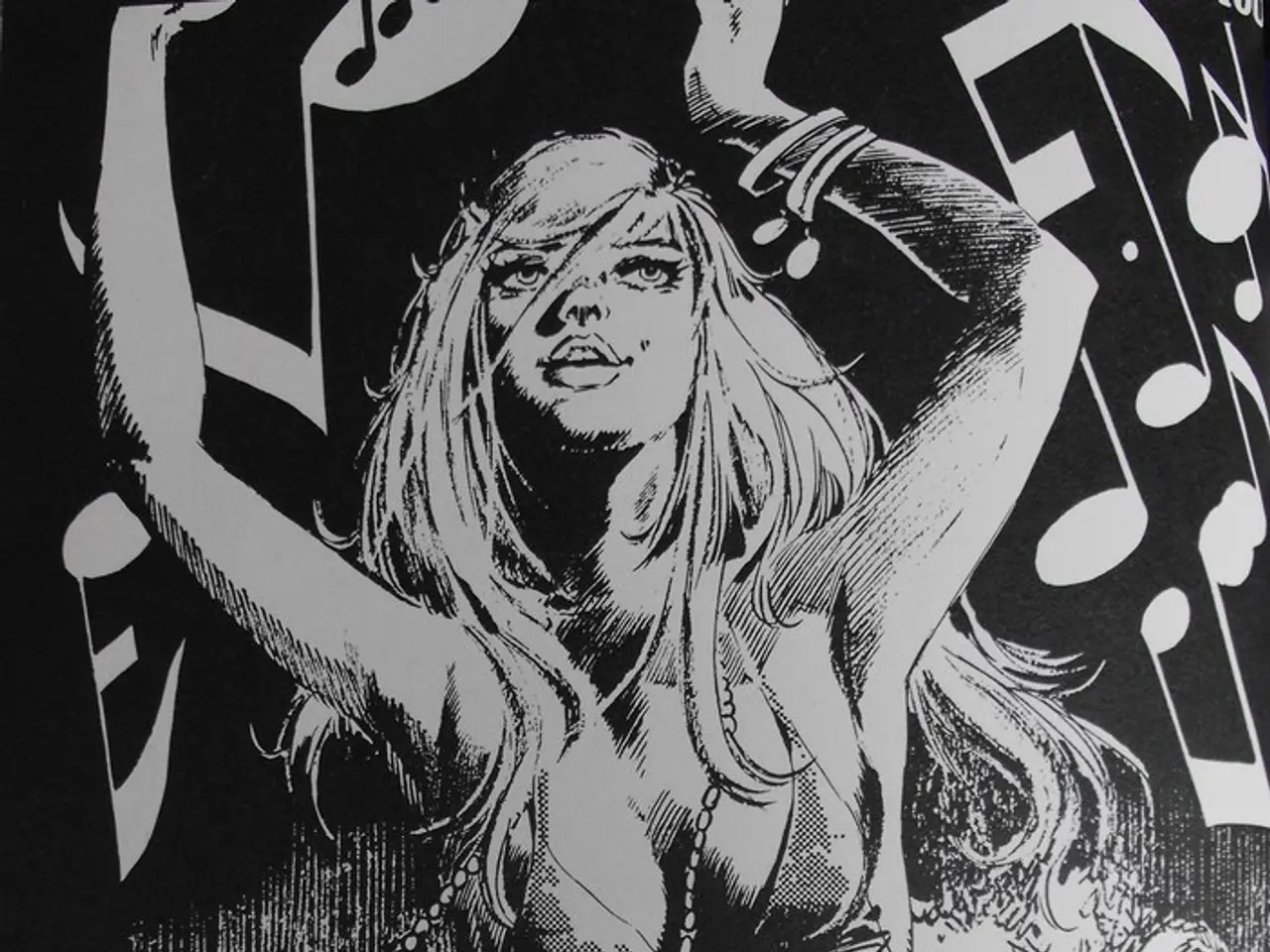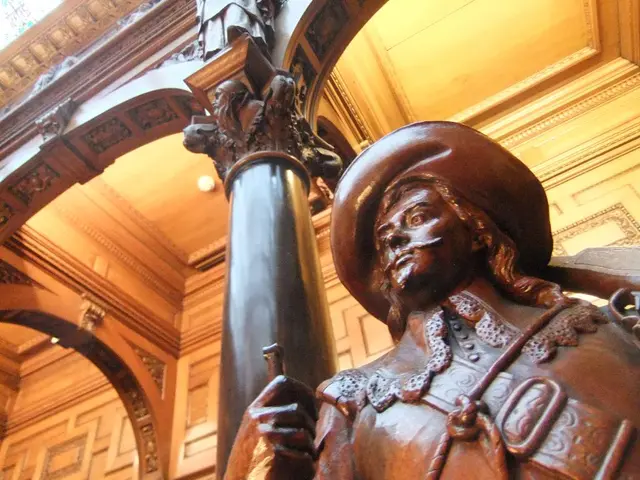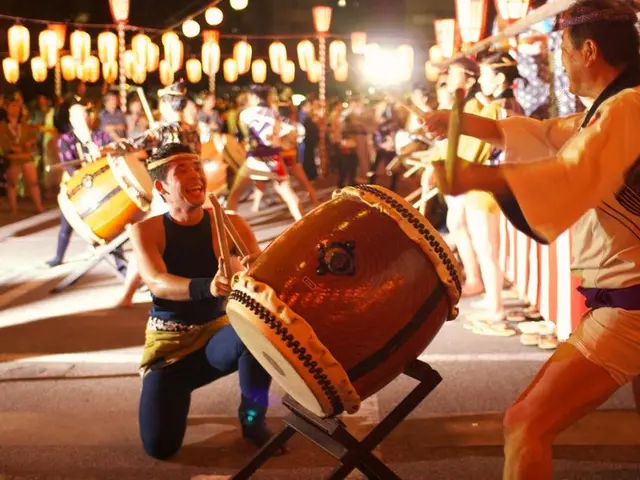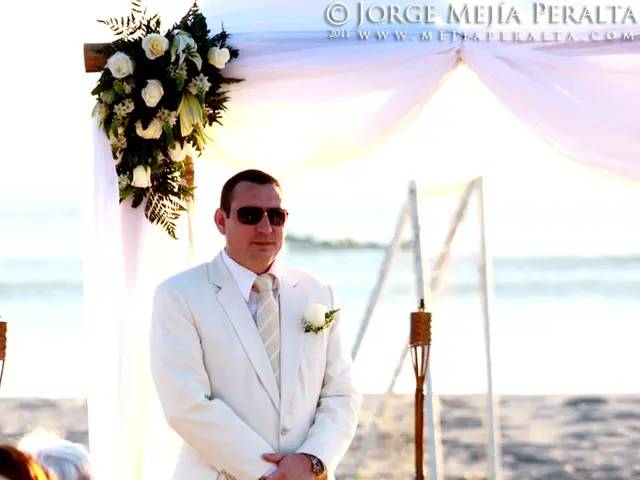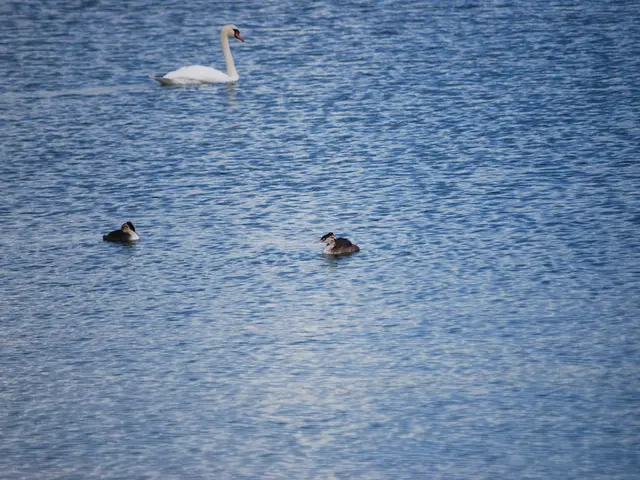Unveiling the Lesser-Known Facet of Cuban Music: Classical
In the heart of France, the Musical Weeks festival in Quimper is set to dedicate its 46th edition to Cuba in August 2025. This celebration of Cuban culture will feature a plethora of performances, including the son cubano group Septeto Nabori, pianist Omar Sosa and violinist Yilian Cañizares presenting their album "Aguas", and cellist Ana Carla Maza showcasing her repertoire between jazz and traditional music.
Marcel Quilévéré, a former lyric singer and opera director, will be the honorary guest of the festival. He has produced an 80-episode podcast, "Cuba, Music, and the World", tracing the history of classical music in Cuba. This podcast, now available on the website and application of Radio France, delves into the deep and dynamic relationship between classical music and popular music in Cuba, highlighting how these genres have influenced each other within the island's rich cultural context.
The history of Cuban music is a testament to mutual influence and cultural synthesis. Classical music developed alongside Afro-Cuban and popular music traditions, especially from the late 19th and early 20th centuries onward. Local composers, such as Amadeo Roldán, Alejandro García Caturla, and Ernesto Lecuona, blended European classical styles with vibrant Afro-Cuban rhythms and melodies, creating music of striking rhythm, color, and emotional force. This fusion was exemplified by Roldán, who integrated modernist European classical techniques with Afro-Cuban musical elements, reflecting the island’s multicultural identity.
Popular Cuban music, forged from African drums and Spanish melodies, generated dance forms like danzón, son, mambo, and later salsa, all of which have been internationally influential and intertwined with jazz and classical traditions. The danzón, an heir to the contradanza and the habanera, is a prime example of this interplay.
In the 1960s, Cuba developed an artistic education system that allowed for early detection of talents, combined with a school career from elementary to higher education. This pedagogy, influenced by the Russian school, focused on classical music, but many popular artists in Cuba, from jazz to timba, have attended conservatory.
Marcel Quilévéré's podcast likely traces how Cuban classical composers absorbed and transformed popular and Afro-Cuban popular styles and how popular music, in turn, incorporated sophisticated harmonic and rhythmic ideas often nurtured in classical settings. This interplay created hybrid forms that shaped Cuban national identity and contributed to Latin American music worldwide.
In 2023, Quilévéré published a large-format book titled "Cuba, a History of the Island through its Music and Literature". With nearly 400 pages, the book has a carefully designed layout and includes previously unseen photos, offering a comprehensive exploration of the musical crossroads of Cuba.
Cuba has maintained a relationship with classical music for nearly three centuries. Esteban Salas, the first classical composer of the island, lived in the 18th century, and Manuel Saumell, the master of the contradanza, lived from 1818 to 1870. José White, a violinist trained in Paris, authored the habanera "La Bella Cubana".
For those interested in exploring the rich musical history of Cuba, the Musical Weeks festival's complete program can be found on semaines-musicales.com. Don't miss this opportunity to immerse yourself in the vibrant and diverse world of Cuban music.
- The Musical Weeks festival's 2025 edition, dedicated to Cuba, will include a mix of performances, books, and entertainment, offering a deeper understanding of Cuban culture.
- Marcel Quilévéré's podcast, "Cuba, Music, and the World", available on Radio France, delves into the fascinating cultural synthesis between Cuban classical, popular, and Afro-Cuban music.
- For those looking to learn more about the history of Cuban music, the book "Cuba, a History of the Island through its Music and Literature", by Marcel Quilévéré, is a comprehensive resource filled with engaging content and rare photographs.
